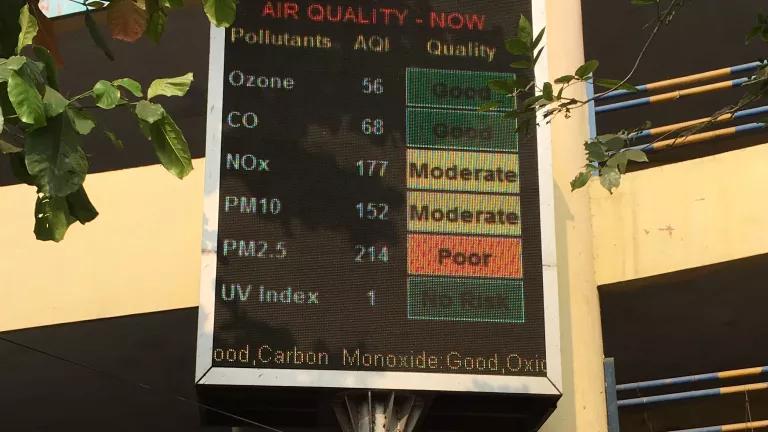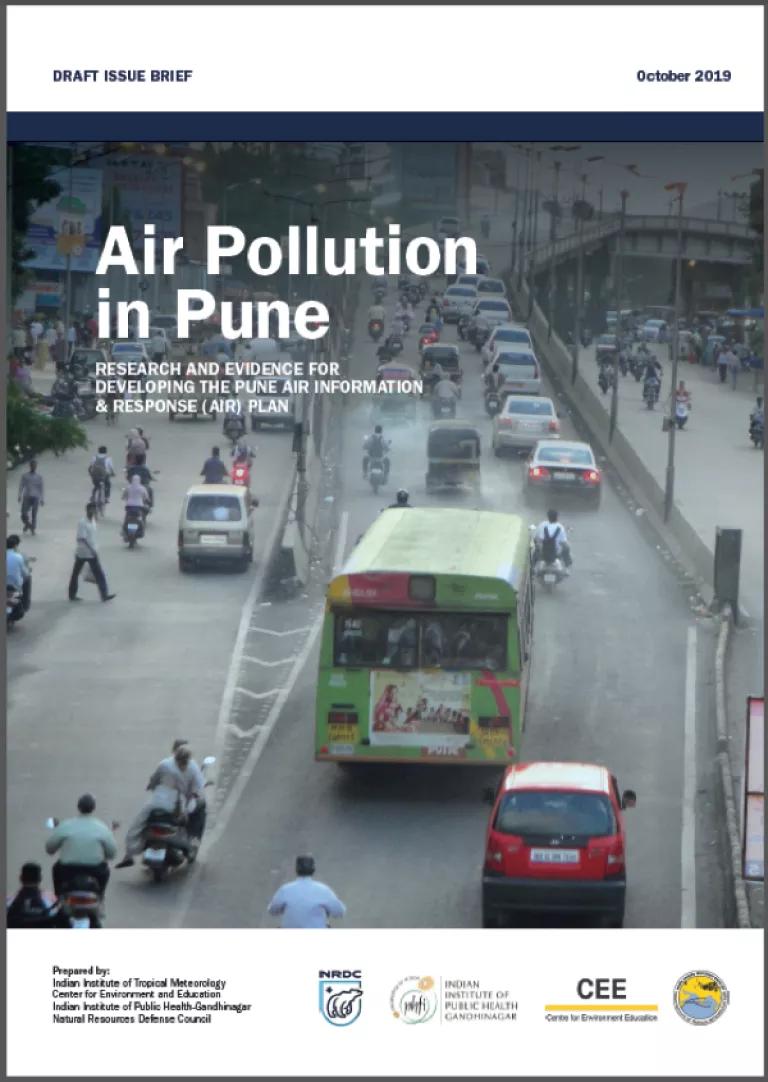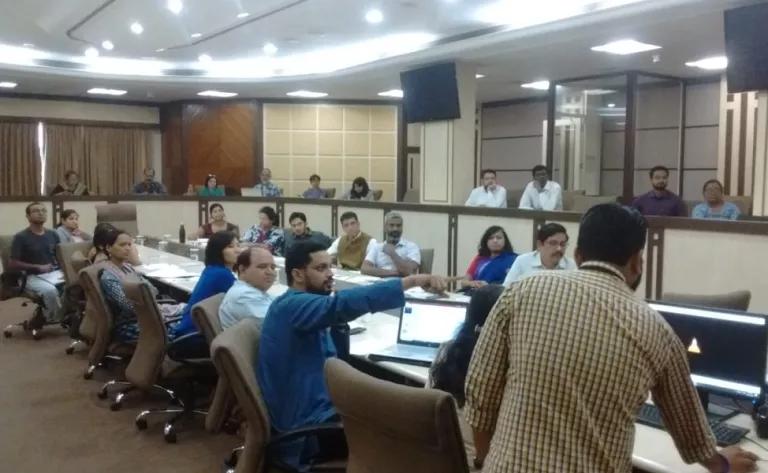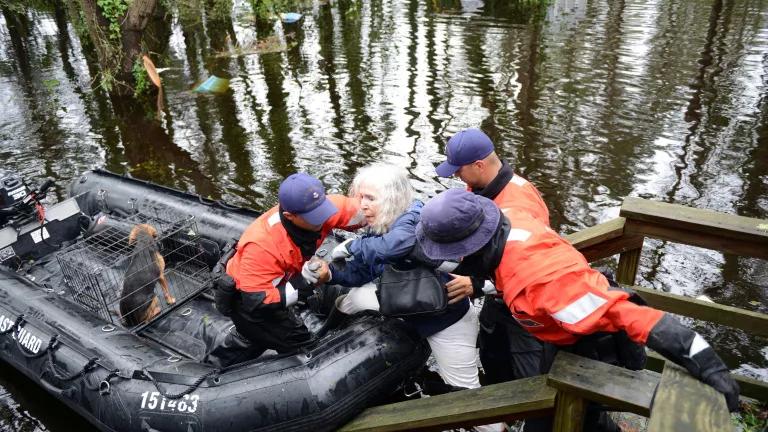
Co-authored by Polash Mukerjee of the NRDC India Team
As Diwali approaches in India and with the winter season on its way, communities are preparing for a spike in air pollution levels. Indian cities struggle with some of the world’s worst air pollution that has direct links to long list of harmful health impacts. The western city of Pune is taking action toward developing health-based approaches to protect communities and advance mitigation efforts.
Civil society stakeholders are working to find a path forward to improve Pune’s air quality through health-based and community-led efforts. As part of an ongoing partnership, the Indian Institute of Tropical Meteorology (IITM), the Indian Institute of Public Health-Gandhinagar (IIPH-G) and the Centre for Environment Education (CEE) along with NRDC recently brought together local experts to develop city-wide activities for the coming months that are connected to national efforts in India.
NCAP and City Programs
The Indian government launched a National Clean Air Programme (NCAP) in early 2019 to address air pollution. The NCAP aims to reduce pollution levels by 20-30% by 2024 in 122 cities where current air pollution levels exceed the national health-based standards. Cities are at the forefront of air pollution reduction efforts. A number of city actions on air pollution, including expansion of electric mobility, solid waste controls, and enhanced monitoring and regulation in the industrial sector, are part of the NCAP.
Health-based approaches led by cities are also an integral part of protecting communities from air pollution. Since 2017, NRDC has been working with local leaders in the city of Ahmedabad to implement its Air Information and Response (AIR) Plan, which focuses on interagency coordination and health risk communication as a strategy to further motivate change on the ground. Now, as the AIR Plan continues into its third year of successful implementation in Ahmedabad, Pune is preparing to launch a similar health-focused plan.
Air Quality in Pune
Pune, in the state of Maharashtra, is home to about 7 million people, and the city has grown rapidly in recent years. Air quality in the city remains a stubborn challenge: levels of fine particulate matter (PM2.5) regularly exceed both Indian standards and World Health Organization guidelines. The city is taking an active role in responding to the public health challenge posed by air pollution by drawing on local expertise. That local knowledge includes experts at IITM, which leads an innovative air quality monitoring and forecasting effort, the System of Air Quality and Weather Forecasting and Research (SAFAR).
This summer, the Pune Municipal Corporation, working in tandem with civil society leaders and leading national experts, charted an ambitious path forward for expanded climate resilience. To accomplish that goal, policies guided by scientific evidence help the city to identify air pollution management priorities and protect particularly vulnerable populations (including the very young, the elderly, and those with existing respiratory and cardiovascular disease). Air quality data that SAFAR collects and publicizes is critical for strengthening public health protections through concrete local actions.

A new issue brief summarizing the local evidence base, “Air Pollution in Pune: Research and Evidence for the Pune Air Information and Response (AIR) Plan” was released during the stakeholder discussions. The issue brief describes the air quality challenge in Pune and identifies a path forward to reduce harmful exposures within the city. It compiles scientific research and other evidence to illuminate air pollution trends and sources in the city, and highlights the city’s recent efforts on this issue (including expansion of the city’s electric bus fleet and a pedestrian movement policy).
Drawing on the peer-reviewed evidence base, the issue brief draws attention to the considerable burden of air pollution on public health in the city, in terms of thousands of respiratory illnesses and premature deaths linked to polluted air each year. The damage caused by air pollution in Pune is considerable and growing, and urgent action is needed to protect the city’s most vulnerable residents. Based on our analysis of the AIR Plan experience in Ahmedabad and best practices we have identified from the implementation of AQI systems in other countries, the issue brief includes a set of five recommendations for future actions the city can take to address the underlying pollution problem.
Expanded Efforts to Protect Health
The stakeholder discussion in Pune is an important turning point for the city in its efforts to better protect residents from the dangers of polluted air. Meaningfully reducing air pollution in Pune, Ahmedabad, and other cities in India will require sustained, coordinated, and inclusive efforts that draw on a wealth of local interdisciplinary knowledge and skills. Collaborative efforts that focus on the tremendous health benefits of achieving cleaner air can motivate faster and more sustainable air quality improvements across the country for this Diwali and into the future.





